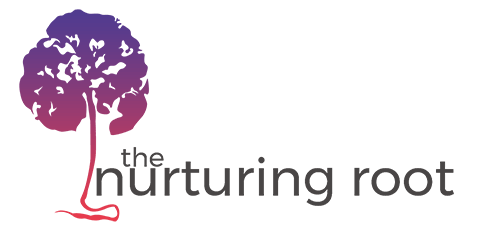We all covet time. We often feel like there isn’t enough time in our day to get the important
things done and then the “extras” usually wind up ignored. “It’s all about prioritizing,” is what
we’re told and that tends to ring true. For instance, engaged couples, working without a wedding
planner, are estimated to spend 200-300 total hours planning their wedding!
For an event that generally lasts no more than 6 hours or so and takes place on a single day,
that is an immense amount of time to prioritize.
The question is, do people find it equally as important to spend time preparing and planning for
labor and delivery? And even if they did, would it make any difference in the end? One’s labor
and delivery can be a positive experience or a traumatic one. To avoid the latter, childbirth
education classes can go a long way. A recent study revealed that new mothers who had participated in a childbirth education class had a lower rate of vacuum extraction, a higher rate of normal vaginal delivery, and most notably, a significantly lower rate of cesarean section due to failed induction.
So now that you know taking a childbirth class can make a big impact, what kind of time will be
needed to participate in one? And why exactly is a class needed to prepare for a natural
biological process? You’re thinking, unlike a wedding, I have little control over the details of my
labor and delivery so what exactly am I planning for anyway? The truth of the matter is that the
absence of total control is exactly why preparing and planning for your birth is important.
A quality non-hospital-based childbirth education class, like Birth Boot Camp, generally lasts
around 10 weeks and meets a couple hours each of those weeks to prepare soon-to-be parents
for what to expect during labor and delivery. A variety of topics are touched on to familiarize
students with what is to come and to prepare them for an array of circumstances. Relaxation
techniques are taught and birthing options are presented and discussed. The broad spectrum of
potential interventions and labor experiences and what you want for your birth are discussed.
Other topics covered in class include pregnancy nutrition, choosing the most supportive
provider, newborn testing/procedures, breastfeeding, and more.
This ascertainment of knowledge coupled with the instructor’s trust in the biology of birth, are
tantamount in building your own confidence and trust in the birthing process. Setting oneself up
for success by prioritizing time for a childbirth education class has the potential to result in better outcomes for current pregnancies as well as less physical, and in turn, emotional trauma
during/after delivery. Each of these can act as predictors for outcomes in subsequent
pregnancies and often have emotional and physical effects that last far longer than baby’s birth-
day. It is well-worth your time to make a childbirth class a priority.






